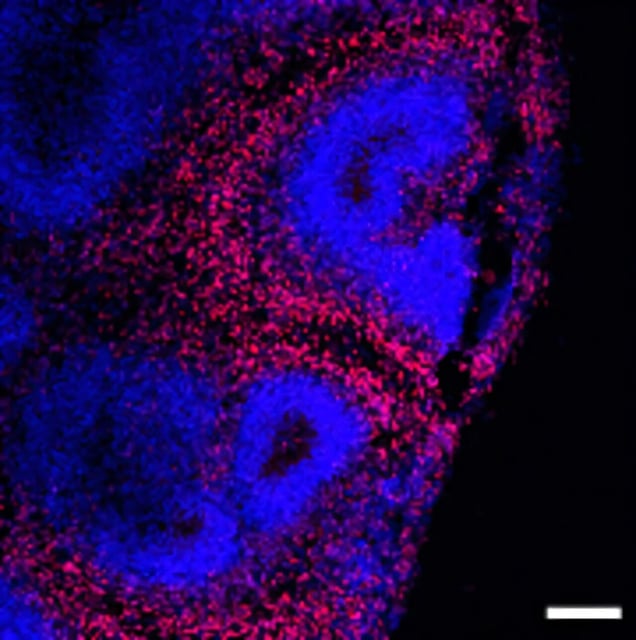Overview
- Brain organoids derived from familial Alzheimer’s patients exhibit elevated amyloid levels, reduced neuronal maturity and increased cell death before symptom onset
- RNA sequencing identified significant downregulation of TMSB4X, the gene encoding anti-inflammatory peptide thymosin β4, in both organoids and post-mortem Alzheimer’s neurons
- Treatment of fAD organoids with exogenous thymosin β4 reduced amyloid accumulation, promoted neuronal maturation and normalized disease-related gene expression patterns
- Administration of thymosin β4 in mouse models carrying familial AD mutations mirrored organoid findings by lowering amyloid burden, reducing inflammation and decreasing neuronal hyperactivity
- Authors emphasize that human safety, optimal delivery methods and relevance to sporadic late-onset Alzheimer’s remain to be established through further preclinical and clinical research
